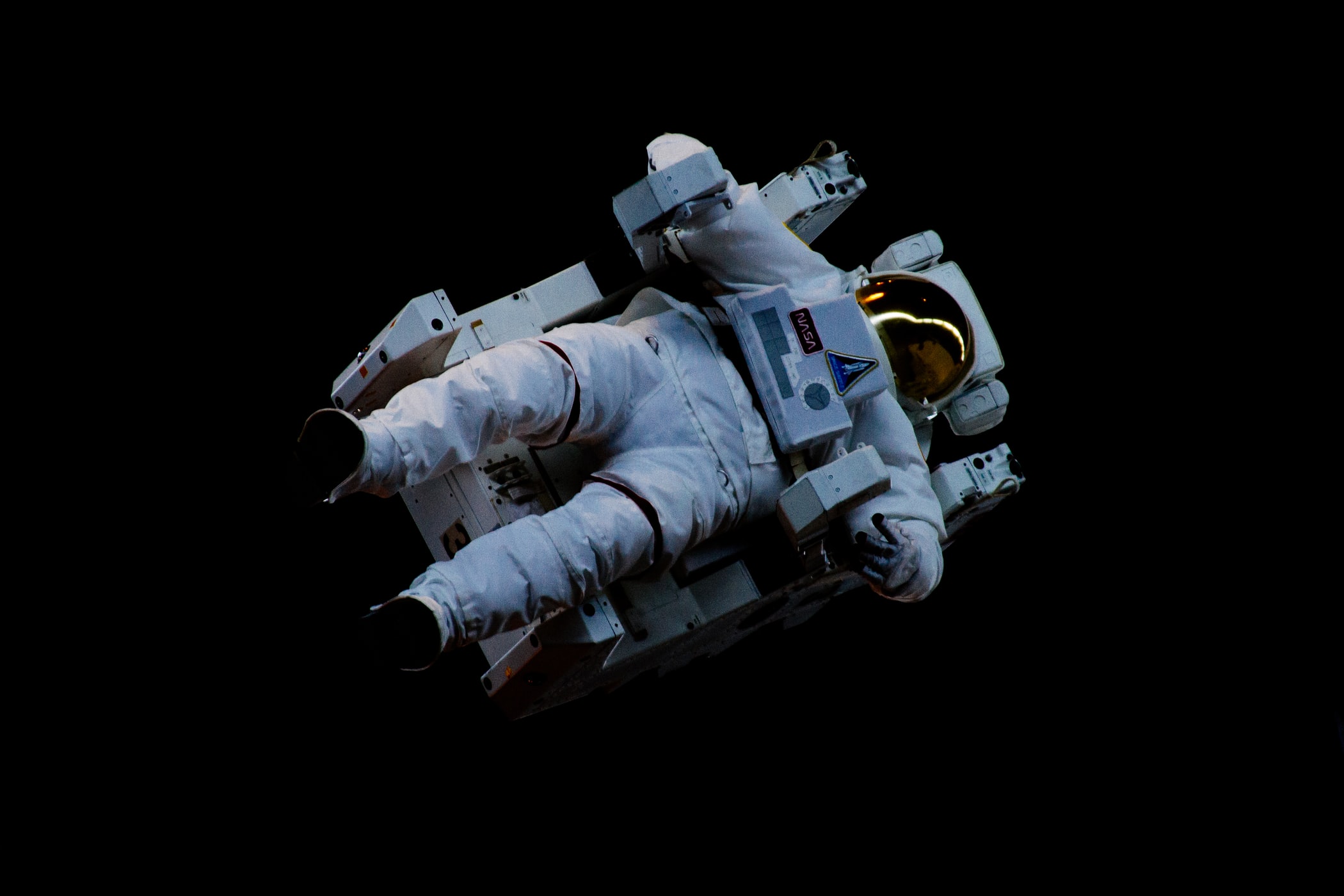AESA PROGRAMMES
- Building R&D Infrastructure
- Developing Excellence in Leadership, Training and Science in Africa (DELTAS Africa)
- Human Heredity and Health in Africa (H3Africa)
- Africa’s Scientific Priorities (ASP)
- Innovation & Entrepreneurship
- Grand Challenges Africa
- Grand Challenges Innovation Network
- Rising Research Leaders/Post-Docs
- AESA RISE Postdoctoral Fellowship Programme
- African Postdoctoral Training Initiative (APTI)
- Climate Impact Research Capacity and Leadership Enhancement (CIRCLE)
- Climate Research for Development (CR4D)
- Future Leaders – African Independent Research (FLAIR)
- Critical Gaps In Science
- Clinical Trials Community (CTC)
- Community & Public Engagement
- Mobility Schemes: Africa-India Mobility Fund
- Mobility Schemes: Science and Language Mobility Scheme Africa
- Research Management Programme in Africa (ReMPro Africa)
- Science Communication/Africa Science Desk (ASD)
- Financial Governance: Global Grant Community (GGC)
- AAS Open Research
- CARI Programmes
- Evidence Leaders Africa (ELA)

News
Prof Tsehaie Woldai: Africa needs the space industry to go forward

171
Prof Tsehaie Woldai: Africa needs the space industry to go forward
 The African continent is bound to become increasingly more dependent on the space industry for job creation, poverty alleviation and sustainable resource management. These were some of the findings in a paper recently published by an expert in the field of Earth Observation and Geo-Information Sciences.
The African continent is bound to become increasingly more dependent on the space industry for job creation, poverty alleviation and sustainable resource management. These were some of the findings in a paper recently published by an expert in the field of Earth Observation and Geo-Information Sciences.
The paper titled “The status of Earth Observation (EO) & Geo-Information Sciences in Africa – trends and challenges” was published in the journal of Geospatial Information Science, by Prof Tsehaie Woldai in February this year. Woldai is a Visiting Professor at the School of Geosciences, University of the Witwatersrand, Johannesburg, South Africa.
In his research, he found that up to end of last year 28 of the 54 African countries were already engaged in the Earth Observation and Geo-Information Sciences through 90 academic institutions, 17 national scientific associations, 53 national space agencies, 10 satellite receiving and tracking stations and few regional technical laboratories. While the industry currently provides employment to some 15 000 people on the African continent, Woldai expects this number to exceed 100 000 by the year 2025.
The growing dependence of the continent on the satellite industry is also clear from the fact that by the end of last year 11 African countries have already launched 36 satellites together into orbit while another five are expected by the first quarter of 2021 plus another five by 2025 thus amounting to 46 satellites, a total not foreseen ten years ago.
Additional notes about Prof Tsehaie Woldai
Tsehaie Woldai is currently a Visiting Professor of Geological Remote Sensing at the School of Geosciences, University of the Witwatersrand, Johannesburg, South Africa. He has worked for many years at the Faculty of Geo-Information Science and Earth Observation (ITC), University of Twente, Enschede, The Netherlands. Woldai expertise is in structural geology, environmental geology, remote sensing (optical, radar and hyperspectral) and mineral exploration. He has taught in over 40 universities in Africa, Asia, Europe, North and South America. Woldai is the Founder, President and Past President of the African Association of Remote Sensing of the Environment (AARSE), a fellow of the African Academy of Sciences, a Fellow of the African Geological Society, coordinator of the University Network for Disaster Risk Reduction in Africa (UNEDRA), and a winner of over 20 prestigious awards. For many years, he was involved in many of the ISPRS Commissions and Working Group (as Chairman/Vice Chairman/Secretary); and a track record in his engagement n over 40 national/international Advisory Programmes and over 20 international research as Principle or co-investigator